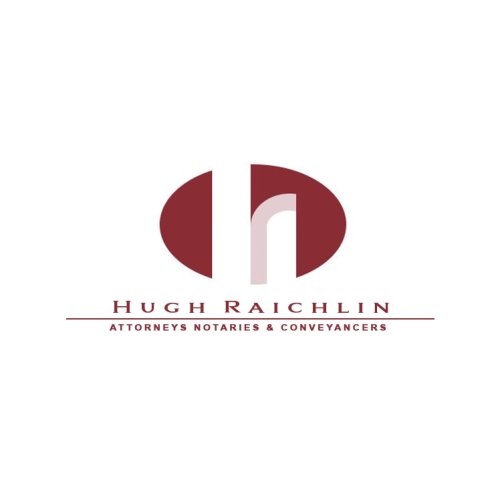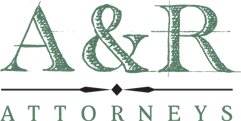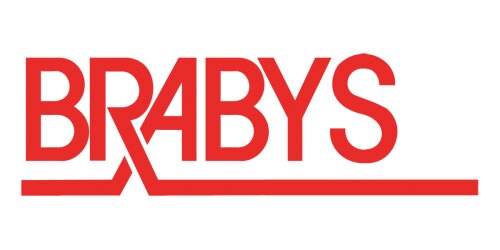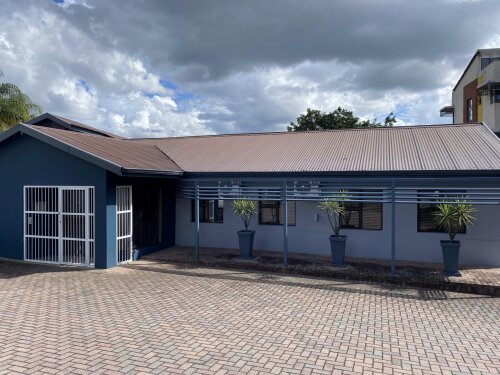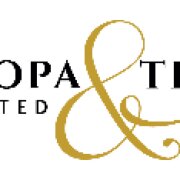Best Conveyancing Lawyers in Johannesburg
Share your needs with us, get contacted by law firms.
Free. Takes 2 min.
Free Guide to Hiring a Real Estate Lawyer
List of the best lawyers in Johannesburg, South Africa
About Conveyancing Law in Johannesburg, South Africa
Conveyancing refers to the legal process of transferring property ownership from one person or entity to another. In Johannesburg, South Africa, conveyancing is governed by specific regulations and is typically handled by qualified legal professionals known as conveyancers. These are attorneys who have passed the required examinations and are admitted to practice in this field. The conveyancing process involves preparing legal documents, ensuring all conditions of sale are met, and registering the transfer with the Deeds Office. Whether you are buying or selling a home, the process can be complex and requires meticulous attention to detail to ensure the transaction is legally sound and successful.
Why You May Need a Lawyer
There are several circumstances in which you may require assistance from a conveyancing lawyer in Johannesburg:
- Selling or purchasing residential, commercial, or rural property
- Registering a bond or dealing with bond cancellations
- Transferring property due to inheritance, divorce, or as a gift
- Rectifying errors in property descriptions or title deeds
- Dealing with disputes over property boundaries or joint ownership
- Managing the legal aspects of property development
- Ensuring compliance with legal procedures and avoiding delays
Local Laws Overview
Conveyancing in Johannesburg operates under a legal framework that includes national acts and local municipal bylaws. Some key aspects include:
- Deeds Registries Act: Governs the registration of property and ensures that title deeds are accurate and up to date.
- Sectional Titles Act: Applies to ownership of units in complexes or shared properties and outlines processes for registration and management.
- Transfer Duty Act: Sets out the tax obligations when property changes ownership, which is typically paid by the buyer.
- Local Municipal Regulations: Include requirements for rates clearance, compliance certificates for electrical or water systems, and clearance of municipal accounts before transfer can take place.
- Johannesburg Deeds Office: All transfers and bonds must be registered at the local Deeds Office to be valid and enforceable.
Frequently Asked Questions
What is conveyancing and who can perform it?
Conveyancing is the legal process of transferring property ownership. Only qualified conveyancers - attorneys with a conveyancing qualification - can legally perform conveyancing work and register property transfers in South Africa.
How long does the conveyancing process take in Johannesburg?
On average, property transfers in Johannesburg can take between six to twelve weeks, depending on the complexity of the transaction, bond approval, and clearance certificates.
What costs are involved in conveyancing?
Costs typically include conveyancing attorney fees, Deeds Office registration fees, transfer duty (property tax), municipal rates clearance, and other administrative expenses. Fees are generally guided by a scale set by the Law Society.
Who pays the conveyancing fees - buyer or seller?
In a typical property sale, the buyer is responsible for the conveyancing attorney's fees and associated costs, while the seller is responsible for settling outstanding rates and taxes.
What documents are required for the transfer process?
Key documents include the offer to purchase, Title Deed, proof of identity, marriage certificate (if applicable), bond documents, rates clearance certificate, and compliance certificates.
What is a rates clearance certificate?
A rates clearance certificate is a document from the municipality confirming that a property's municipal accounts are fully paid, which is a legal requirement before transfer can take place.
Can I manage the conveyancing process myself?
No, only an admitted conveyancer may prepare and lodge transfer documents at the Deeds Office. Self-administration is not permitted by law in South Africa.
What taxes are payable on property transfers?
Transfer duty is the main tax payable and is calculated on a sliding scale based on the purchase price, unless the transaction qualifies for an exemption such as a transaction between spouses on divorce.
If buying property with a bond, what additional steps are needed?
Bond documents must be signed and registered at the Deeds Office. The bank will appoint its own attorney to register the bond, but the main conveyancer will coordinate this process.
What happens if there is a dispute in the ownership or boundaries?
A conveyancing lawyer can assist in resolving disputes through mediation, rectification of title deeds, or, if necessary, legal proceedings to clarify ownership or boundary lines.
Additional Resources
If you need further information or assistance regarding conveyancing law in Johannesburg, consider these resources:
- South African Deeds Office - for registration and search of property titles
- Law Society of South Africa - for guidance on qualified attorneys and conveyancers
- Johannesburg Municipality - for rates clearance and compliance certificates
- South African Revenue Service - for transfer duty queries and tax compliance
- Legal Aid South Africa - provides support to qualifying individuals
Next Steps
If you are considering a property transaction or require assistance with an existing matter, follow these recommended steps:
- Gather all relevant documents such as title deeds, identification, and the signed offer to purchase.
- Consult with a qualified conveyancing attorney as early as possible to understand the process and costs involved.
- Ask for a detailed breakdown of fees and timelines to plan your transaction effectively.
- Work closely with your attorney to ensure all legal and municipal requirements are met before transfer.
- If you encounter disputes or complications, seek legal advice promptly to protect your interests.
Lawzana helps you find the best lawyers and law firms in Johannesburg through a curated and pre-screened list of qualified legal professionals. Our platform offers rankings and detailed profiles of attorneys and law firms, allowing you to compare based on practice areas, including Conveyancing, experience, and client feedback.
Each profile includes a description of the firm's areas of practice, client reviews, team members and partners, year of establishment, spoken languages, office locations, contact information, social media presence, and any published articles or resources. Most firms on our platform speak English and are experienced in both local and international legal matters.
Get a quote from top-rated law firms in Johannesburg, South Africa — quickly, securely, and without unnecessary hassle.
Disclaimer:
The information provided on this page is for general informational purposes only and does not constitute legal advice. While we strive to ensure the accuracy and relevance of the content, legal information may change over time, and interpretations of the law can vary. You should always consult with a qualified legal professional for advice specific to your situation.
We disclaim all liability for actions taken or not taken based on the content of this page. If you believe any information is incorrect or outdated, please contact us, and we will review and update it where appropriate.



